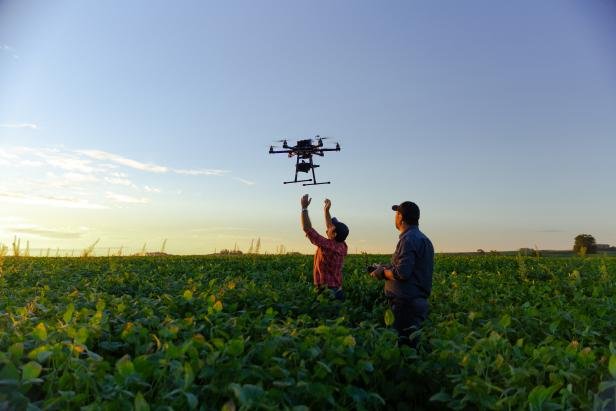The new AI tool scans historical production maps and satellite data to detect biophysical ground parameters and forecast potential growing conditions.

Scientists from Senegal created Africa Agriculture Watch to assist farmers in overcoming the difficulties brought on by droughts and climate change by using AI to monitor and increase productivity.
The new AI tool scans historical production maps and satellite data to detect biophysical ground parameters and forecast potential growing conditions.
Additionally, it examines soil fertility, anticipated rainfall, and the severity of the heat and how it affects crops.
Racine Ly, director of data management at the pan-African research non-profit Akademiya 2063, explained to The Current’s guest host Robyn Bresnahan that “any disruption that you see in the growing conditions would be propagated into our models and then will show what would be the impact in the production.”
As a result, you can have a map where you can see what crops are most likely to grow in a particular area based on trends in growing conditions.
The machine learning tool has so far been enthusiastically welcomed by African farmers.
Ghanaian farmer Deborah Osei-Mensah said, “At least we will be able to protect most of our crops if we can keep up with what is happening.”
Africa Agriculture Watch is operational in 47 African countries and has a 94% accuracy rate.
“We occasionally have nations where our predictions conflict. In that case, we update the model and the predictions in light of the circumstance,” Ly said.
“Increasing food production can be done in two different ways. You manage your crop production. But lowering losses may also be a way to boost production. That is what AAgWa is concentrating on. Local NGOs have so far praised the tool.
According to Canisius Kanangire, executive director of the African Agriculture Technology Foundation, “Racine is doing fantastic work because on the African continent, especially in sub-Saharan Africa, it is very difficult to predict the yield that the farmers will have.”
The executive emphasized the significance of the project’s locality as well.
“We notice two positive things when it is done by Africans. It is first adjusted to the climate of the continent of Africa. Second, it at least provides a guarantee that those technologies will continue to be used “Informed CBC Radio was Kanangire.